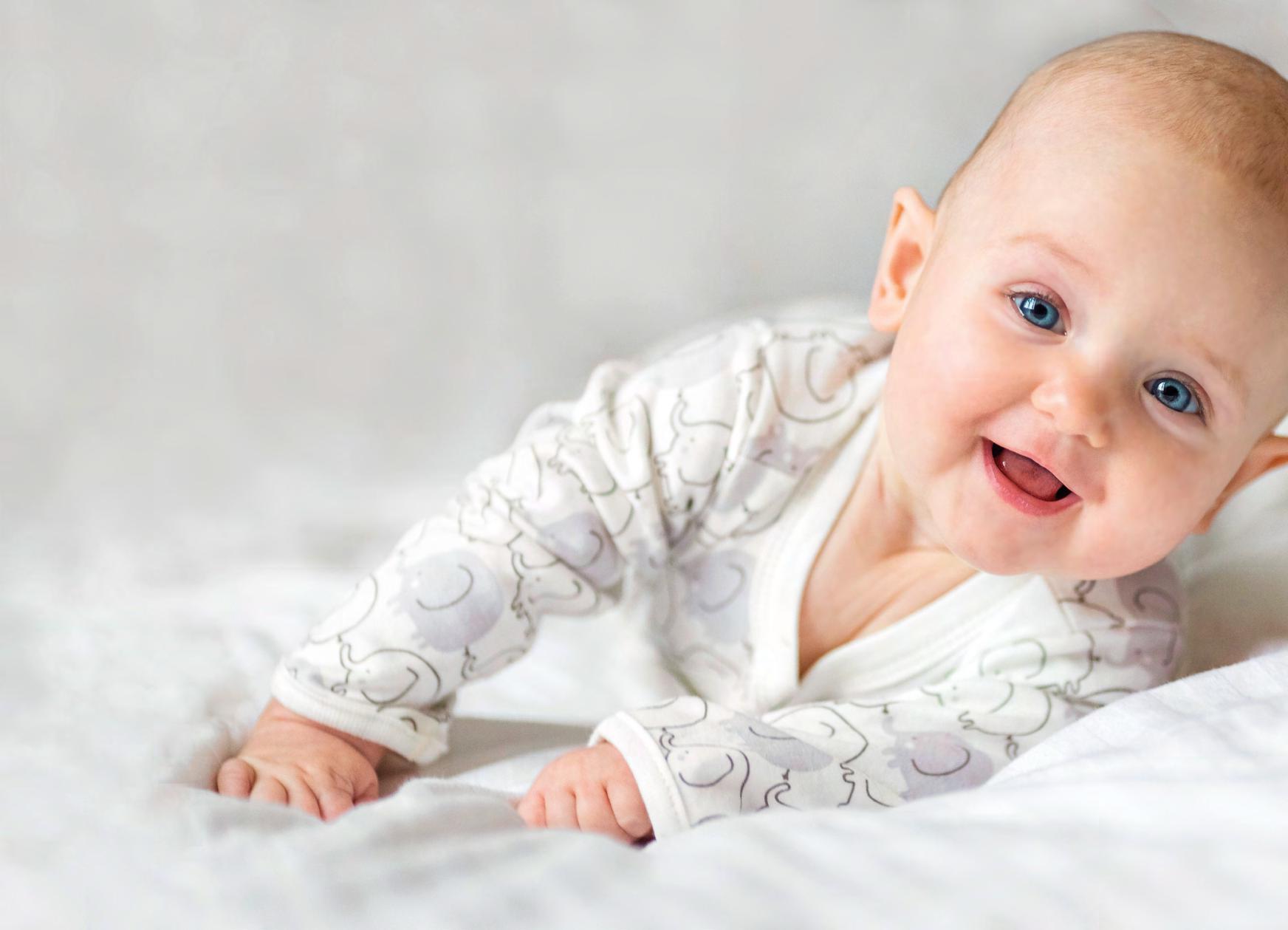A baby needs safety and good care which means
a parent or carer, who
• makes sure that the home is safe for the baby
• takes the baby out in safe environments and places
• does not abuse any substances
• takes the baby into account during arguments and protects the baby from experiences of violence
• only lets familiar/safe people who provide proper care and protection to look after the baby
• touches the baby gently and holds the baby in a way that makes it feels comfortable and safe
• gives the baby suitable food regularly, ensures that the baby gets enough sleep and is properly clothed
• takes care of the baby’s hygiene and health
• allows the baby to practice motor skills and supports these efforts
• takes the baby to see a doctor when the baby is ill
• is gentle with the baby and offers age-appropriate care
• talks to the baby and describes what is happening around them
• is genuinely interested in the baby and responds to the baby’s actions
• helps the baby to cope with different feelings by comforting the baby, for example
• holds the baby in their arms
• maintains eye contact with the baby
• understands the baby’s boundaries and doesn’t intrude
• behaves predictably
• enjoys being with the baby
• accepts the baby as its own person
• is able to separate the baby’s feelings from their own feelings
• helps the baby to control its emotions so as to make the baby feel safe and positive about itself
• allows the baby to be needy and to go through different emotions
• understands the baby’s perspective when sharing photos of the baby on social media
• protects the baby from sexually-oriented situations and people
• respects and protects the baby’s sexual boundaries
A baby suffers from negligence and violence when a parent or carer
• does not feed the baby enough or gives the baby an inadequate/unbalanced diet
• does not change the baby’s nappies often enough
• does not offer the baby age-appropriate care
• do not dress the baby appropriately for the weather conditions
• does not take care of the baby’s hygiene and health
• takes the baby to unsafe places
• spends too much time on smart devices, neglecting the baby
• allows strangers to care for the baby
• does not give the baby medicine when ill
• does not ensure that the baby gets enough sleep
• does not provide a safe daily schedule for the baby
• leaves the baby without any care
• allows the baby to live in a home or environment that is dangerous for the baby
• treats the baby heavy-handedly or shakes the baby
• hits, slaps or pokes the baby or pulls the baby’s hair
• throws or drops the baby
• gives unnecessary medication or intoxicants to the baby
• forces the baby to eat, sleep or sit still
SEXUAL VIOLENCE
• does not talk to the baby or describe what is happening around them
• does not look at the baby or hold the baby in their arms
• is indifferent to the baby
• behaves in an erratic or inconsistent manner
• behaves in an intrusive manner towards the baby
• belittles, disparages or calls the baby names
• screams, swears or snaps at the baby
• threatens the baby
• frightens the baby with facial expressions, gestures or actions
• is not interested in the baby’s feelings
• does not understand / accept / respond to the baby’s feelings
• expects the baby to be nice and quiet all the time
• projects their negative feelings onto the baby
• leaves the baby by itself
• allows the baby to be present during arguments and violent situations
• unnecessarily touches the baby’s genitals
• otherwise touches the baby in a sexual manner, such as kissing or stroking
• allows the baby to see or hear sexual acts
MOTHER AND CHILD HOME ASSOCIATION



